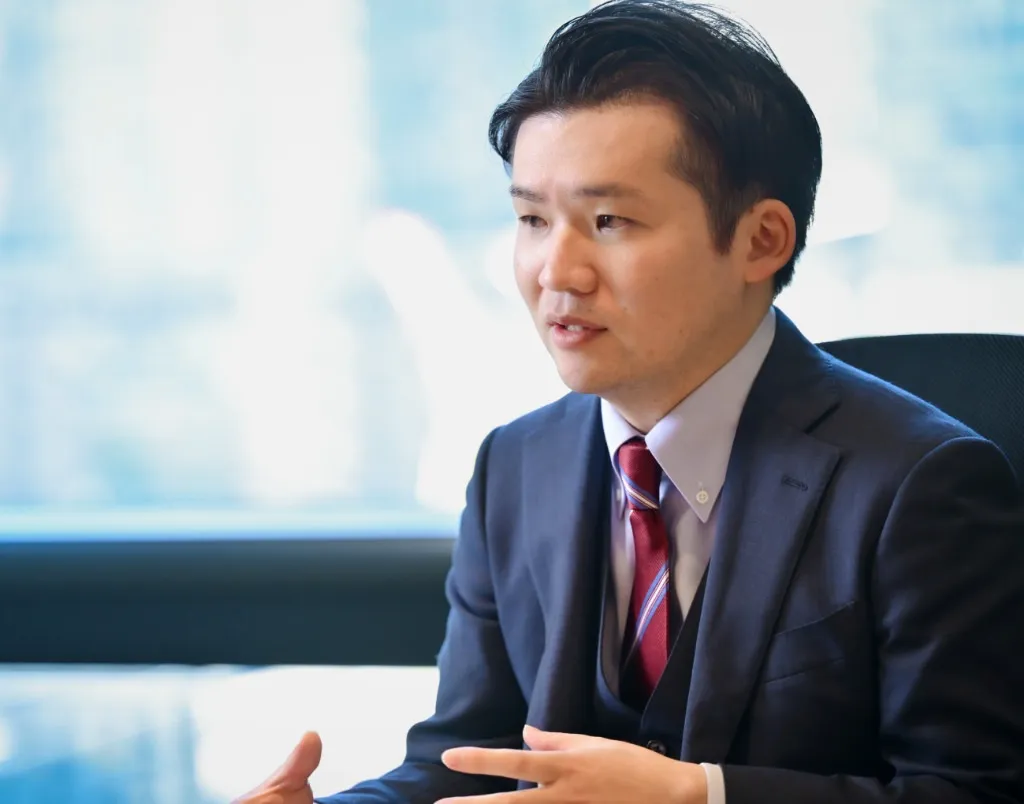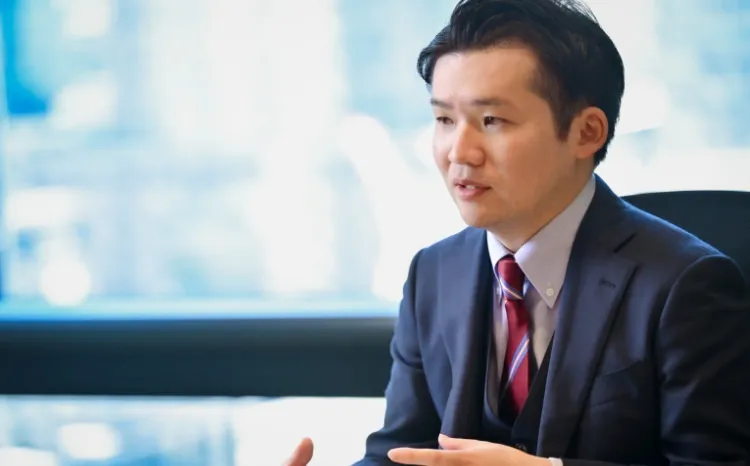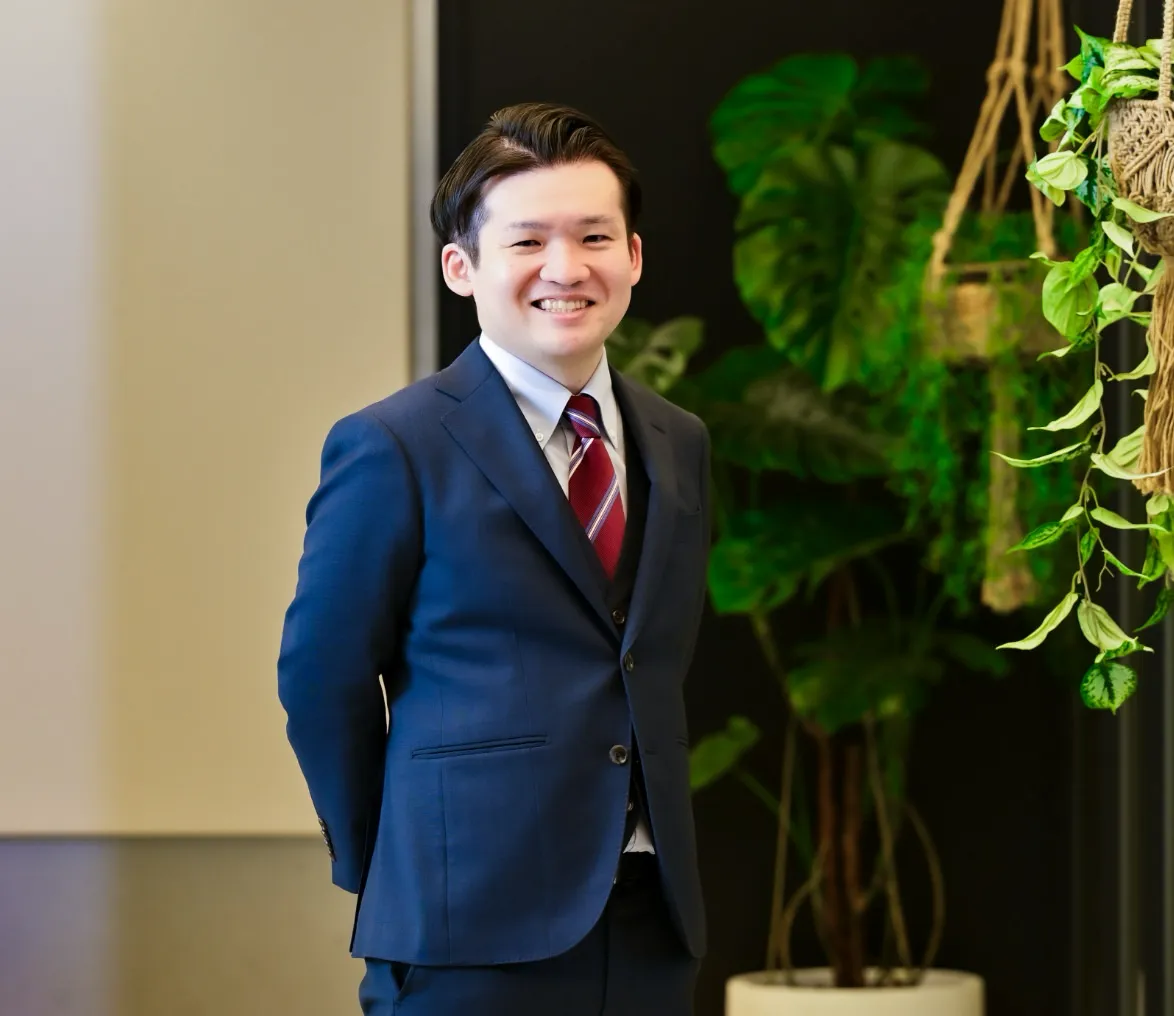The global food supply faces significant challenges due to increasing demand, frequent extreme weather events, and rising geopolitical risks. Japan, which relies heavily on food imports, is particularly exposed to global supply shortages and price volatility. Enhancing food self-sufficiency and building a resilient supply chain are urgent priorities.
Seafood, a vital protein source in Japanese cuisine, has experienced a significant decline in domestic catch and self-sufficiency over the past decades due to marine environmental degradation and overfishing. The aquaculture industry, an essential pillar of the fisheries sector, also faces challenges. In particular, conventional offshore aquaculture raises concerns about water pollution and ecosystem damage caused by excess feed and fish waste. Addressing these issues and advancing sustainable fisheries are essential steps to ensure that fish remain a cornerstone of Japanese dining in the future.
In response to these challenges, a large-scale land-based Atlantic salmon aquaculture project was launched in Tsu City, Mie Prefecture. To support this initiative, Sumitomo Mitsui Banking Corp.(SMBC) arranged project financing of 33 billion yen in May 2024. The facility will produce approximately 10,000 tons of Atlantic salmon annually in Japan, aiming to reduce reliance on imports.
Raku Hayamizu from SMBC’s Structured Finance Dept. emphasized the importance of the project: “Norway, a leading salmon producer with advanced aquaculture technology, is tightening regulations on offshore aquaculture due to environmental concerns. Land-based aquaculture presents a promising solution to many challenges facing the fisheries industry. If this project—one of the world’s largest land-based aquaculture facilities—proves successful, it could serve as a key example of sustainable solutions for the industry.”
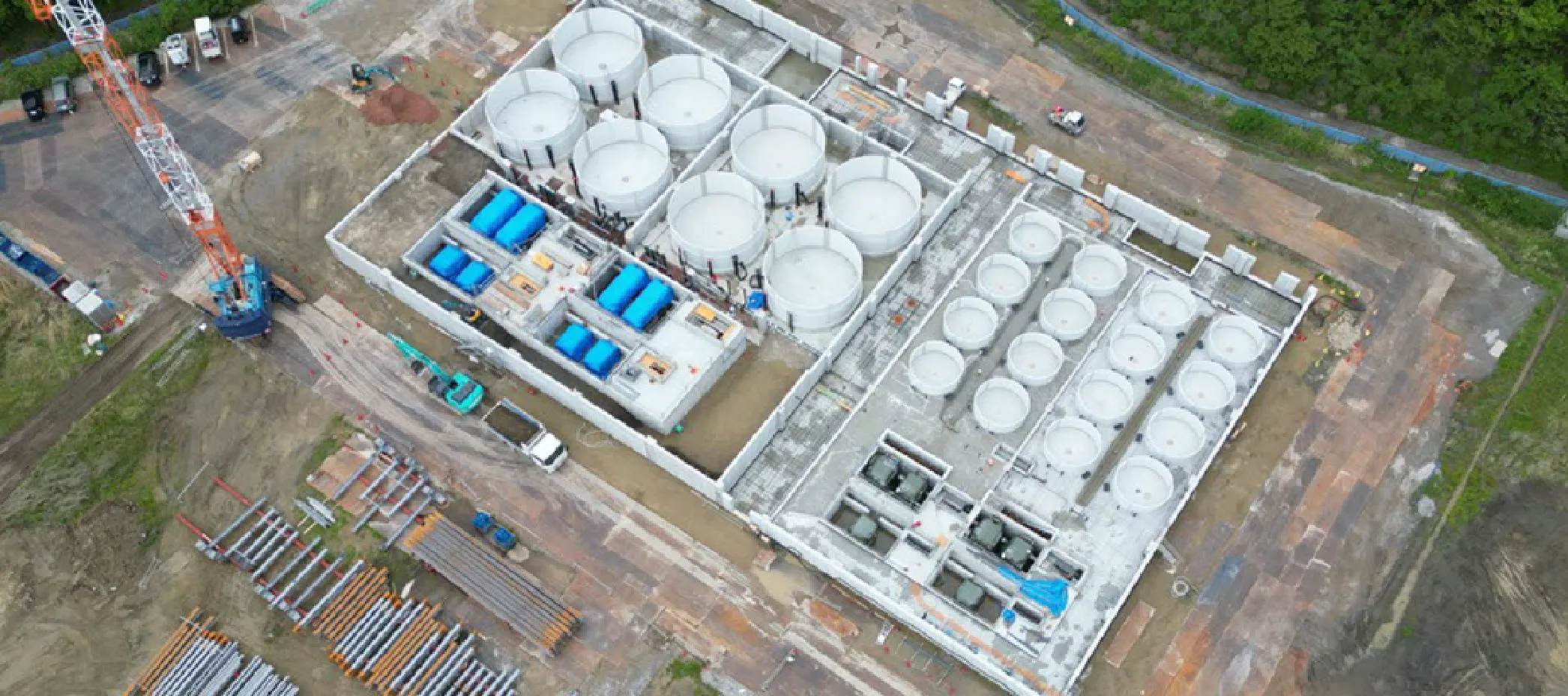
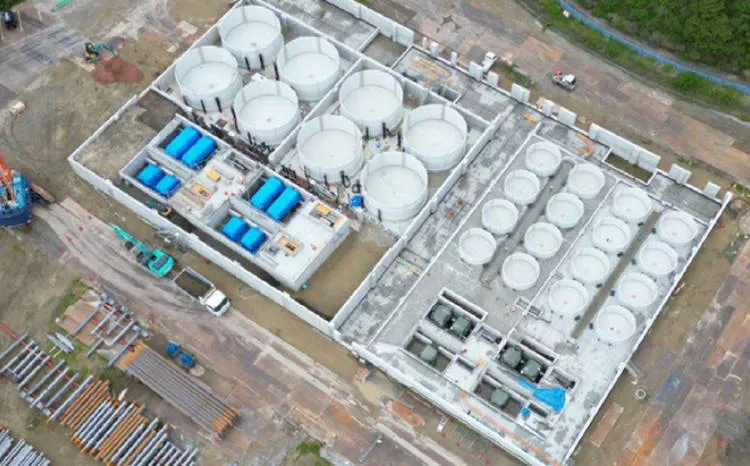
Land-Based Aquaculture:
Sustainable Production
of Safe, Fresh Fish with
Minimal Environmental
Impact
The facility employs a completely closed Recirculating Aquaculture System (RAS), where salmon are gradually transferred from smaller to larger tanks as they grow. Water continuously circulates within the tanks, creating a natural flow that minimizes stress and provides an optimal growing environment. Used water is filtered through biofilters and recirculated, reducing wastewater discharge. Additionally, feed and waste are meticulously managed within the facility, preventing marine pollution and enabling environmentally sustainable aquaculture.
Compared to offshore farming, land-based aquaculture significantly reduces the risk of pathogen and parasite contamination, enabling antibiotic-free farming. This results in safer, higher-value seafood for consumers. Moreover, domestic production of Atlantic salmon reduces dependence on imports and enhances the local supply chain, ensuring that fresher products are delivered directly to demand centers. This project will create new jobs in Tsu City, Mie Prefecture, reduce CO2 emissions from air transport, and contribute to Japan’s food self-sufficiency.
Hayamizu underscored the diverse benefits of this project, stating, “I firmly believe that this land-based aquaculture business addresses various social challenges and will remain essential in the long run. That is why I felt it was crucial for the bank to take an active role in supporting this project.”
However, securing project financing and finalizing the loan agreement required overcoming significant challenges.
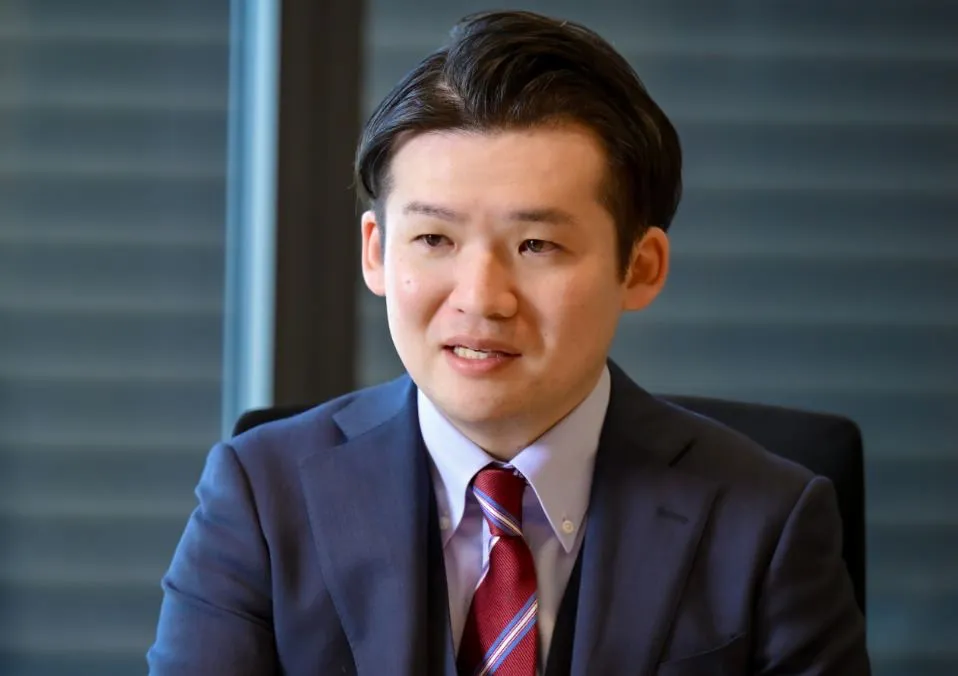
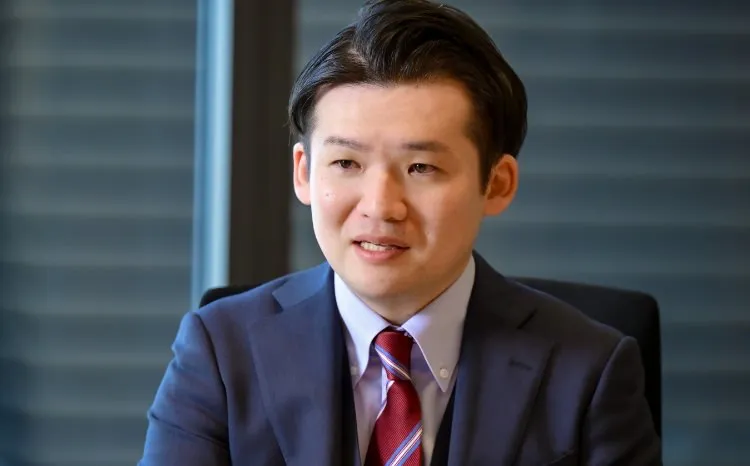
The Challenges of Project
Finance for Livestock
and Aquaculture
Project finance is a method of lending where loan repayment depends on the cash flow generated by a specific project, with the project’s assets serving as collateral. It is commonly used for infrastructure development. However, this land-based aquaculture project posed unique challenges, as it involves live salmon, introducing risks not typically encountered in conventional projects.
“This project financing was unprecedented in our experience,”
Hayamizu explained. “The process required a comprehensive analysis and validation of various risks unique to aquaculture. Key concerns included the risk of fish mortality during farming, disease outbreaks, ensuring a stable supply of feed and eggs, as well as managing fluctuations in domestic salmon demand and prices. If any of these risks materialize, the project’s viability could be severely impacted.”
The financing review for this project began around 2020. Since project financing in this sector was both unprecedented and highly complex, a cautious approach was necessary. However, the Structured Finance Department had experience in developing innovative financing solutions for new infrastructure projects that promote socio-economic development. This project marked the start of a new challenge beyond traditional financing methods.
As the project review progressed, Hayamizu took the lead in conducting extensive discussions with experts and relevant departments to assess industry-specific risks. He gathered detailed information on salmon price trends, distribution costs, and large-scale facilities production capacity. In addition to identifying risks and formulating countermeasures, he focused on internal communication to ensure alignment with the bank’s approach.
Since this was an unprecedented financing case, considerable time was required for contract negotiations and formation of a syndicate of banks to provide the financing. However, with the support of clients and key stakeholders, the loan agreement was successfully finalized.
Growing Expectations for
Project Financing
in Sustainability
Since the signing of the loan agreement, there has been a surge of inquiries from businesses interested in land-based aquaculture, reflecting the growing demand for project financing in this sector.
This facility is expected to commence operations in 2027, bringing domestically farmed Atlantic salmon to the retail market.
Looking ahead, Hayamizu remarked, “Signing the loan agreement is merely the starting point. We must remain deeply involved until the project succeeds. Through this project, I have gained valuable insights into land-based aquaculture and hope to extend project financing to other sectors that promote sustainable social development. Financing new, unproven technologies and businesses present challenges, but in the long run, it holds the potential to bring substantial benefits to society. I am committed to supporting such ‘future investments’ through impactful initiatives like this.”
